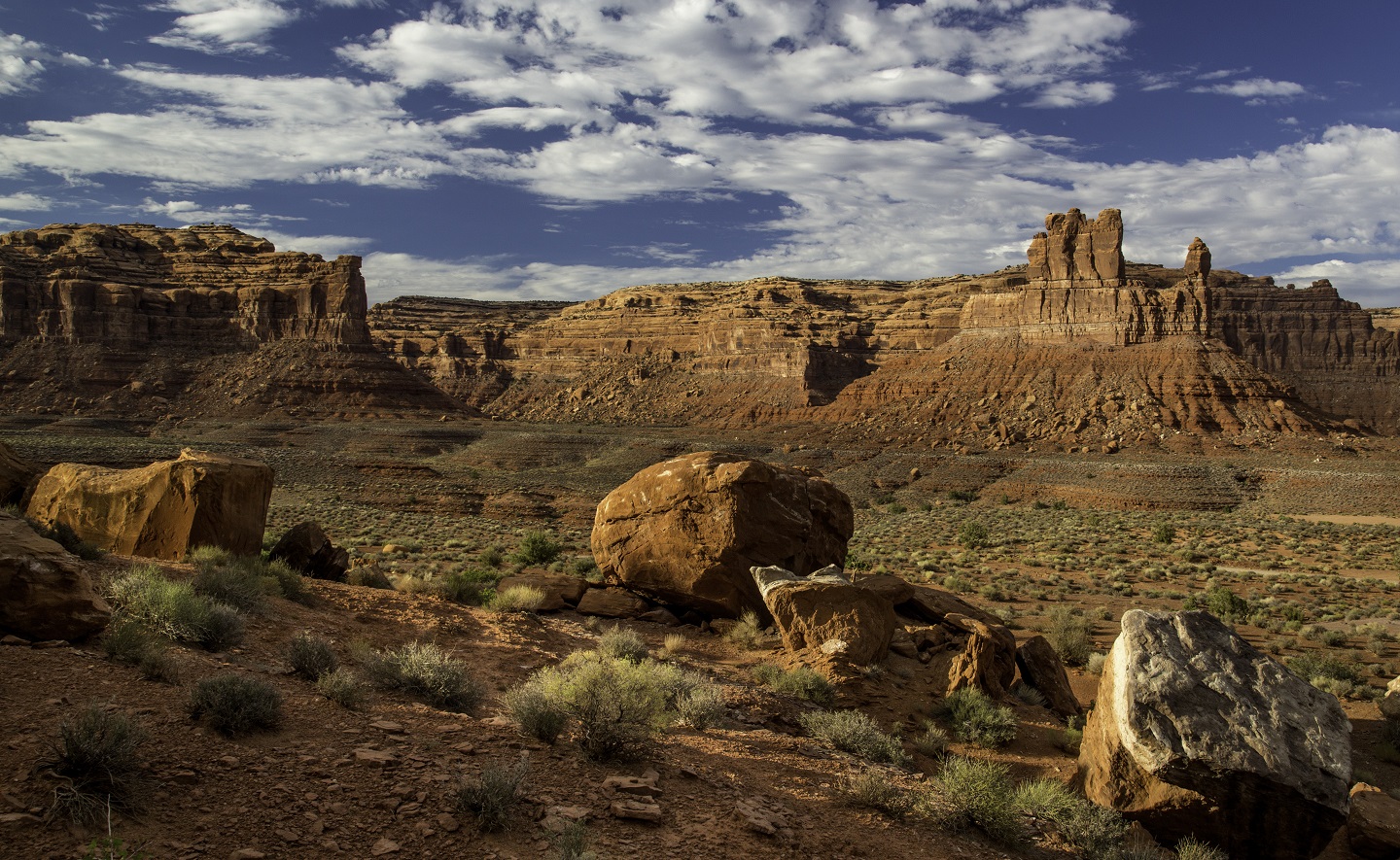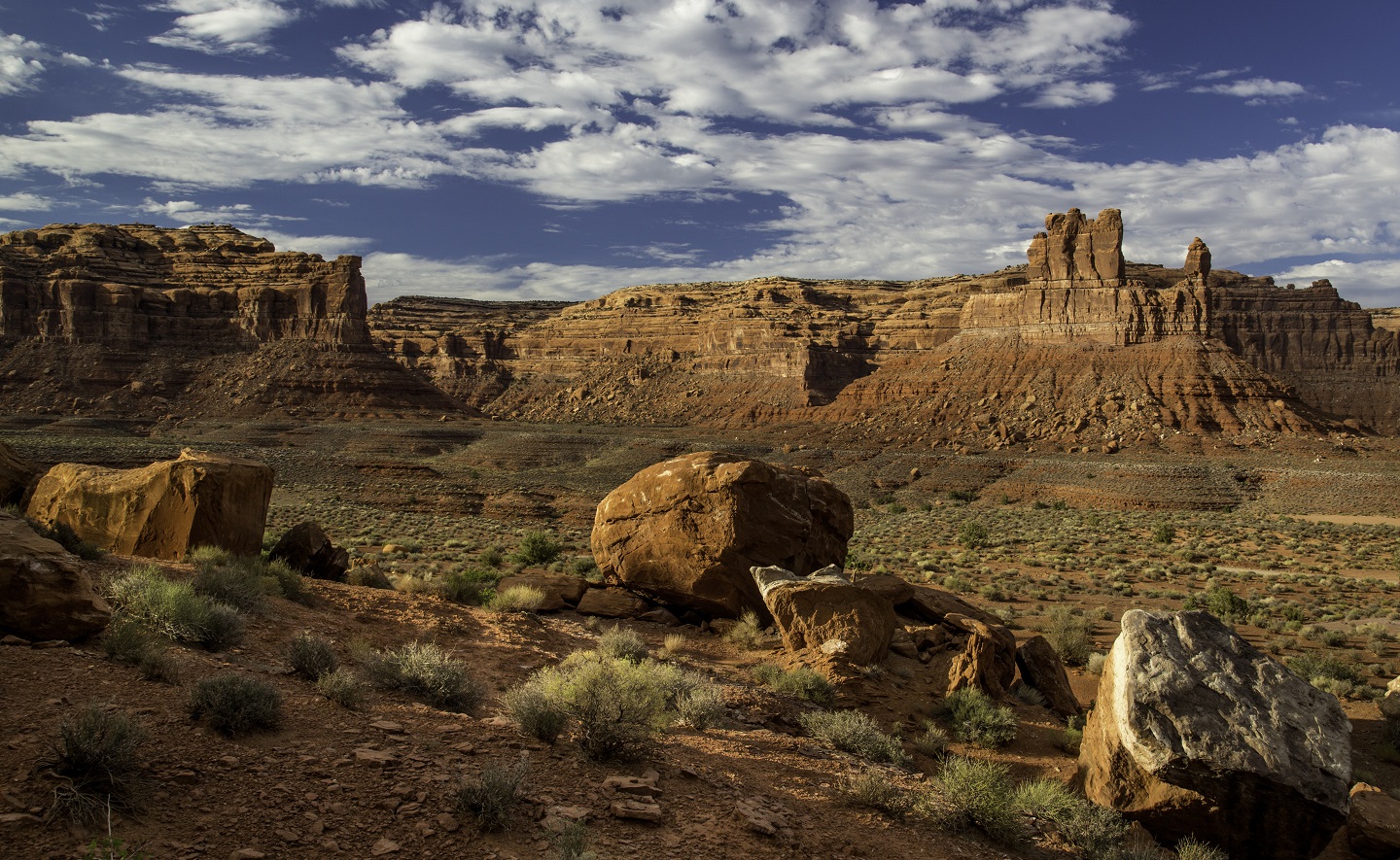Government is the word we use for the things we choose to do together, as progressives like to say. But try telling that to Utah.
The local backlash was fierce. Representative Jason Chaffetz called the decision “a slap in the face to the people of Utah.” Governor Gary Herbert said it “disregards the well-being and interests of rural Americans.” And Senator Mike Lee vowed to “work tirelessly with Congress and the incoming Trump administration to honor the will of the people of Utah and undo this designation.”Earlier this month, Governor Herbert signed a resolution, approved by the state’s legislature, calling on President Trump to rescind the Bears Ears designation. Utah has long fought against Washington’s public-land policies, and in recent years has even called on the federal government to transfer most of its lands in Utah to the state. (In total, the federal government controls nearly two-thirds of the land in Utah.) The latest salvo in that battle centers on the Antiquities Act, whereby with the stroke of a pen, the president can bypass all of those pesky details of conventional lawmaking — the coalition-building, the endless compromises — and impose an unwanted preservationist agenda on far-away western communities, leaving them to deal with the consequences. It’s a tool that Obama was especially fond of; he designated more national monuments than any other president.
Bears Ears was a particularly objectionable use of the Antiquities Act. In an interview with NPR just days before signing the monument declaration, Obama gave his successor the advice that “going through the legislative process is always better” than relying on executive powers — yet a multi-year legislative process was already underway to address Bears Ears. The Public Lands Initiative, spearheaded by Representatives Chaffetz and Rob Bishop, had sought a “grand bargain” in eastern Utah, preserving wilderness while opening other areas for resource extraction. The initiative involved years of deliberations with a diverse coalition of interest groups — all rendered moot in an instant by Obama.
Like many Progressive Era policies, the Antiquities Act is predicated on the notion that the expert judgement of Washington, D.C. is superior to that of local communities. Its defenders in this case have expressed contempt for Utah’s desire to choose its own land policies. The outdoor industry has its recycled-polyester knickers in a bunch over the resolution signed by Governor Herbert. Patagonia announced last week that it will no longer attend the Outdoor Retailer trade show, a lucrative event held twice a year in Salt Lake City, and, along with Arc’teryx, is calling for the industry to move the event to another state that is more supportive of federal lands.
Meanwhile, President Trump is reportedly “eager to work with” Republicans to undo the Bears Ears designation, though no president has ever undone a predecessor’s monument designation and it’s unclear Trump would have the authority to do so. Ryan Zinke, Trump’s nominee for secretary of the interior, has said he plans to visit Utah as his first order of business to address the Bears Ears controversy.
Obama is just the latest in a long line of presidents to create “midnight monuments” in the waning days of their administrations. At the end of the day, even modern progressives must admit that such monuments to presidential vanity are a bad thing. If government is the things we do together, then we should govern together. And if monument designations are truly good public policy, they shouldn’t require eleventh-hour executive actions that thwart the legislative process to become reality. It’s time to make the Antiquities Act a thing of the past.
This article originally appeared in National Review on February 14, 2017.





